Edge Computing – Bringing Processing Power Closer to the User
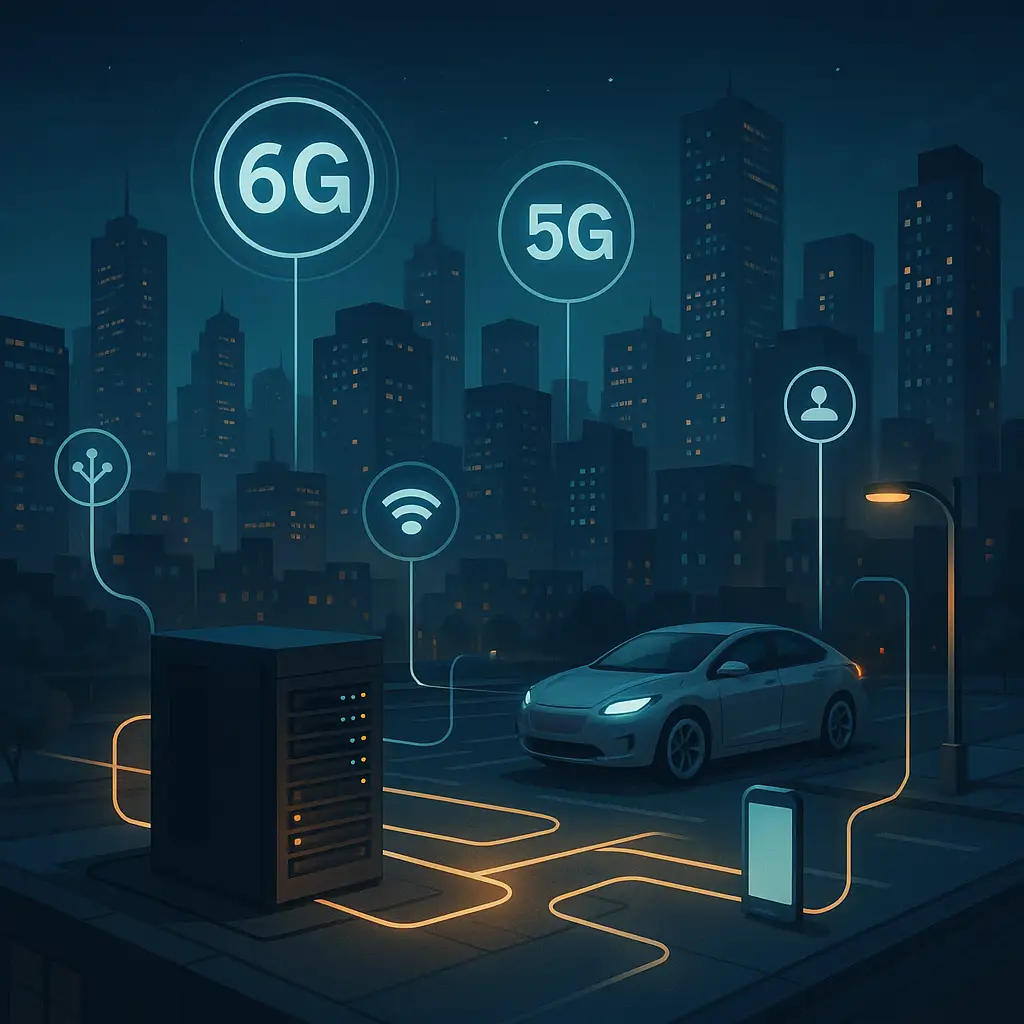
Edge Computing – Bringing Processing Power Closer to the User
What is edge computing?
Traditionally, applications and services have been powered by the cloud – all data sent to distant servers for processing. Edge computing changes this logic: computation happens “at the edge” of the network, as close as possible to the user – on the device, router, local server, or even at a 5G base station.
The result: lower latency, faster responses, and less load on central data centers.
Why does it matter?
- Speed – VR apps, online gaming, or medical systems can’t afford network lag.
- Data security – sensitive information (like biometrics or medical records) never leaves the device.
- Cost savings – less cloud traffic means lower expenses.
- Scalability – billions of IoT devices won’t overwhelm central servers.
Real-world use cases
- Autonomous vehicles – decisions made within milliseconds.
- Industry 4.0 – production lines monitored and controlled locally.
- Healthcare – wearable devices analyzing data without sending everything to the cloud.
- E-commerce and web – faster site loading with CDNs and edge nodes.
- Smart cities – traffic, air, and energy sensors operating in real time.
Edge computing + 5G = the future duo
Edge computing only reaches its full potential when combined with 5G (and soon 6G) networks. This infrastructure enables ultra-fast transfer speeds and millions of devices connected simultaneously. It’s the backbone of IoT, extended reality, and autonomous systems.
What does this mean for business?
- Companies can deliver real-time services like monitoring, video analytics, or gaming.
- Edge allows local data storage and analysis, improving security and GDPR compliance.
- It gives a competitive edge in industries that demand speed and reliability (logistics, fintech, healthcare).
Edge computing isn’t just a buzzword – it’s the direction IT is heading. Now is the time to test edge solutions and prepare for a world of hyperconnectivity.
Przeglądaj inne artykuły

When to Fire Sellers: Why the Best Marketplaces Grow Faster by Shrinking Supply

Marketplace Support Costs: The Hidden Margin Killer No One Models

Tiered Pricing Without Backlash: How to Monetize Sellers Without Killing Growth

Seller Segmentation: The Missing System Behind Profitable Marketplaces

Why Most Marketplaces Die at €1–3M GMV (And How to Avoid It)
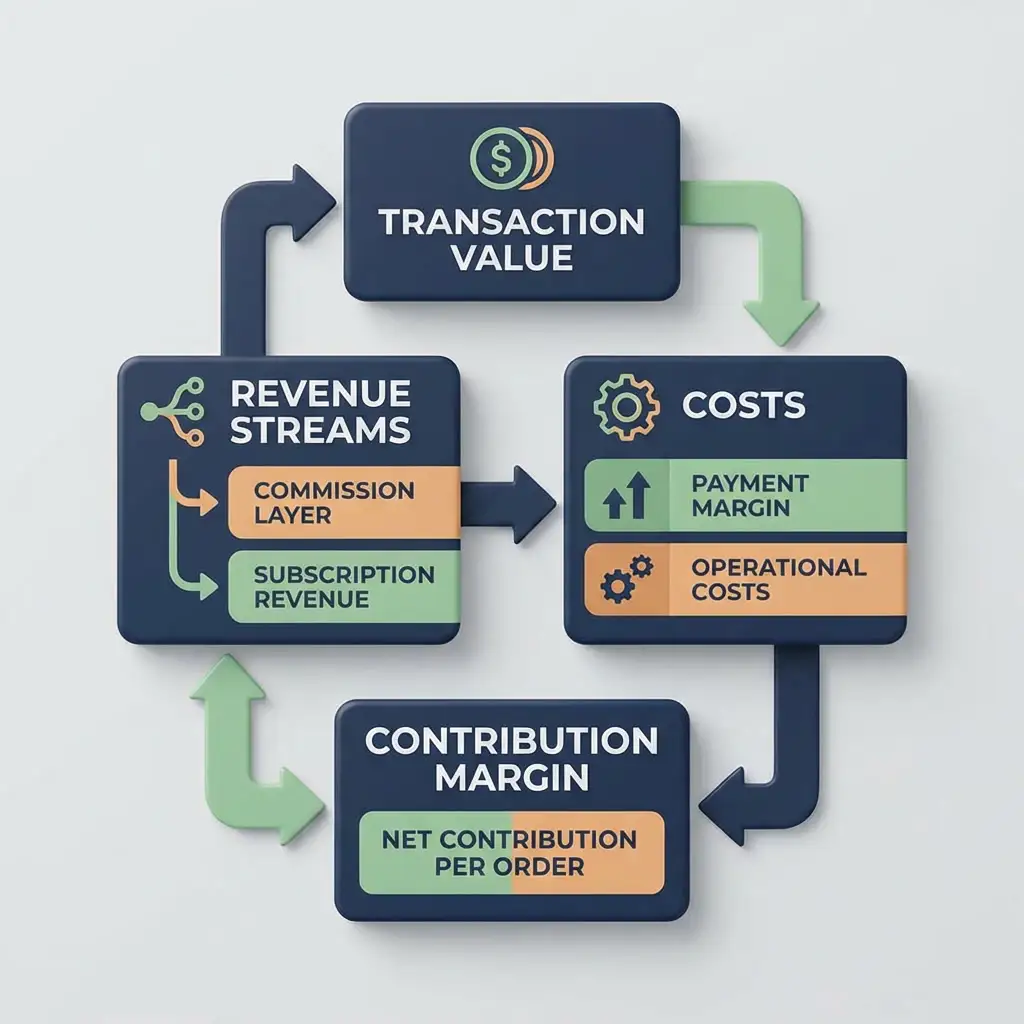
Marketplace Unit Economics: When Growth Actually Becomes Profitable
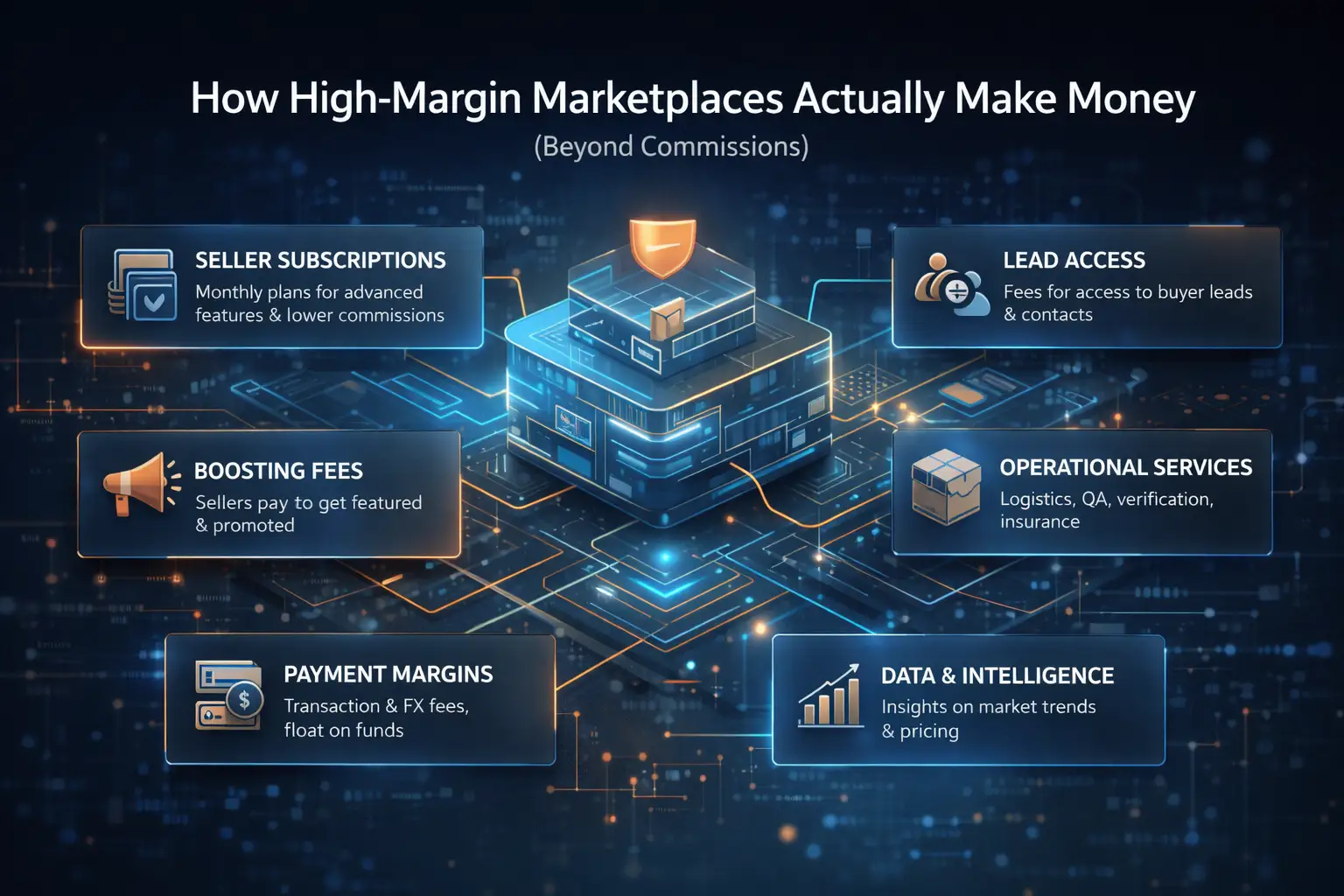
How High-Margin Marketplaces Actually Make Money (Beyond Commissions)
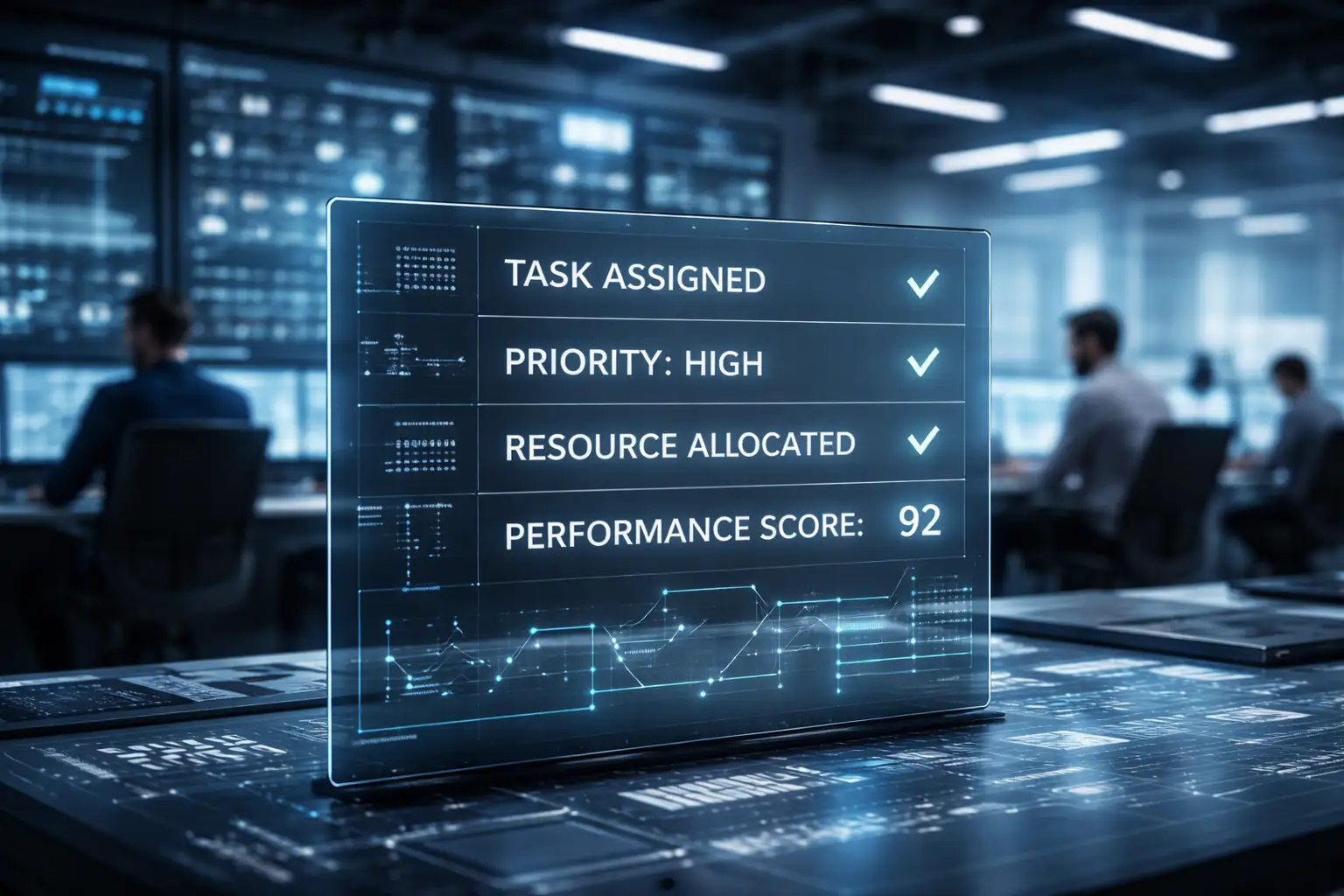
Algorithmic Middle Management: How Software Replaces Control Layers
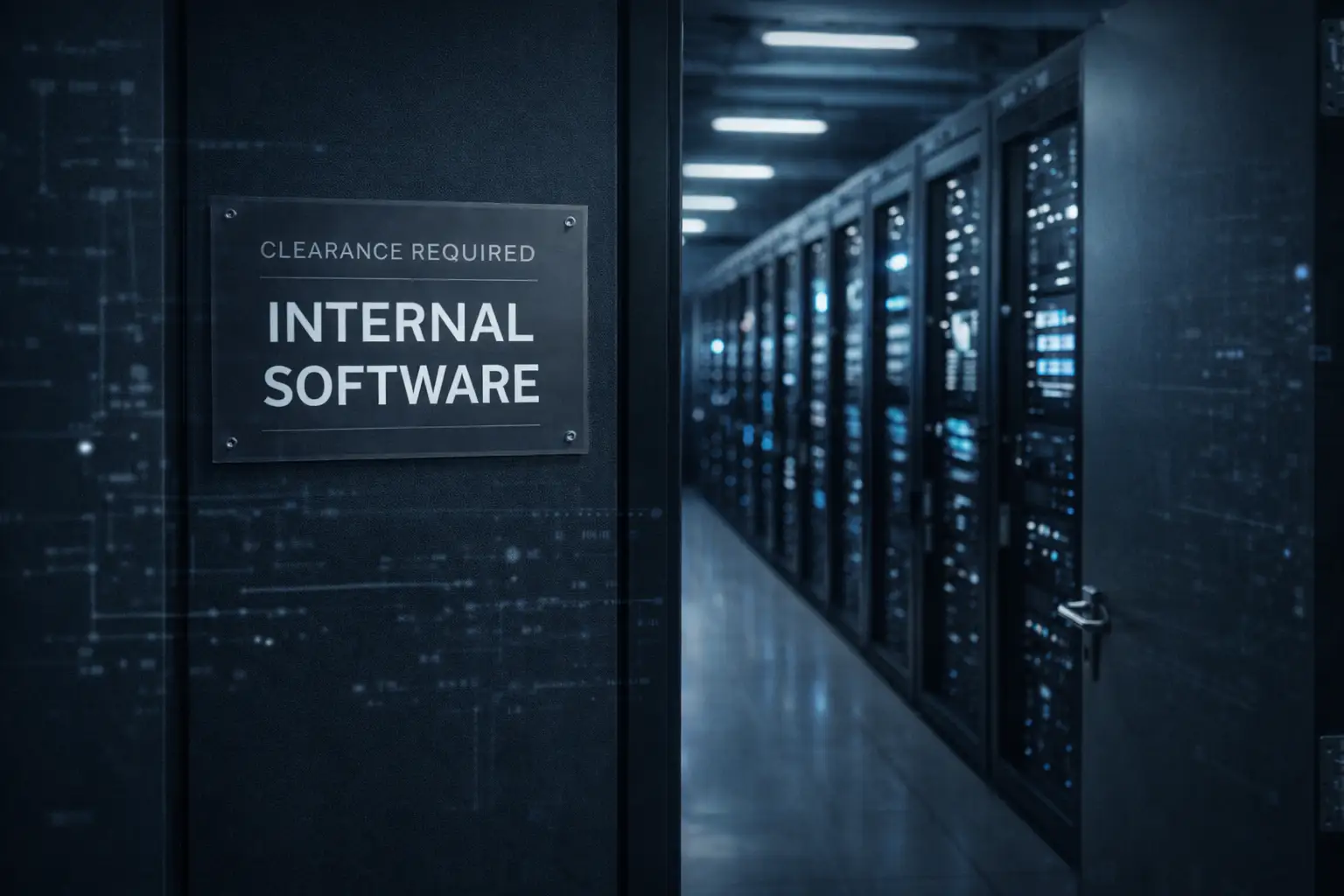
The Rise of Internal Software: Why the Most Profitable Digital Products Are Built for Companies, Not
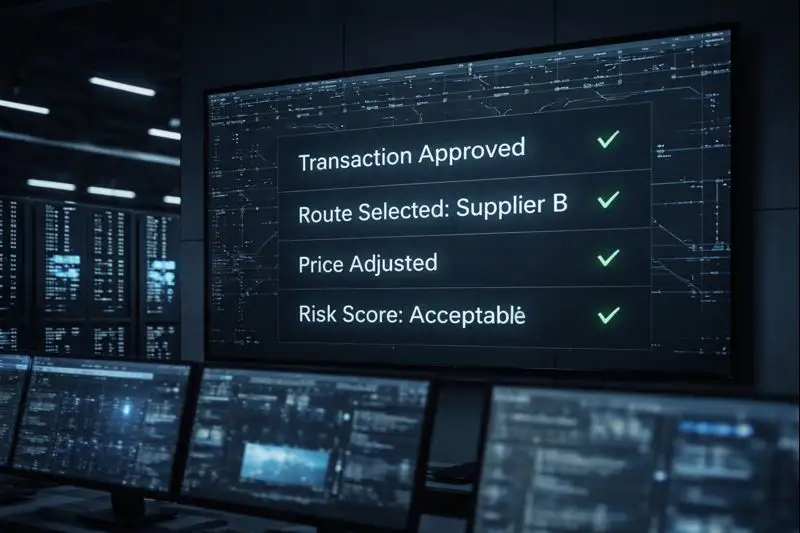
Decision-Centric Software: Why the Real Value of Digital Products Is Shifting from Features to Decis
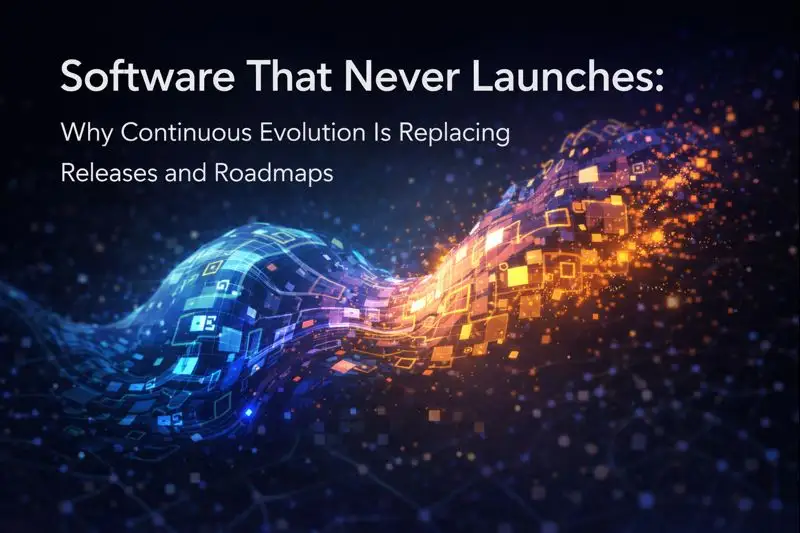
Software That Never Launches: Why Continuous Evolution Is Replacing Releases and Roadmaps

Digital Products Without Users: When Software Works Entirely Machine-to-Machine
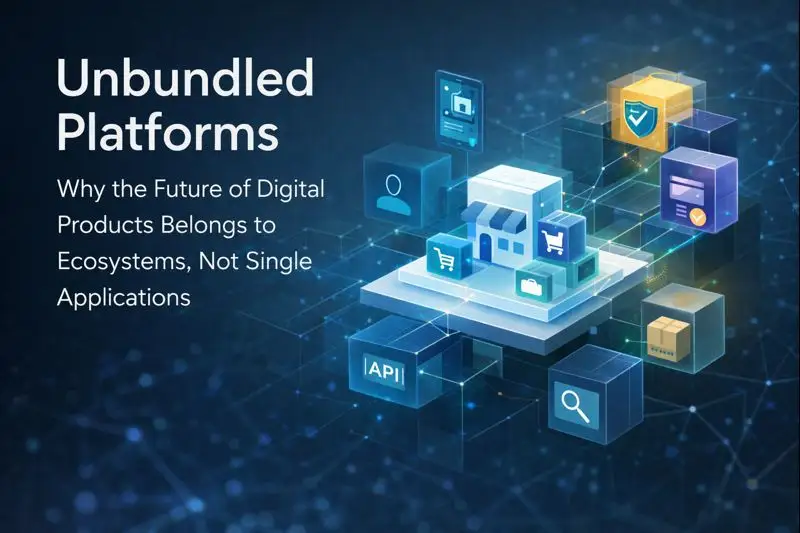
Unbundled Platforms: Why the Future of Digital Products Belongs to Ecosystems, Not Single Applicatio

Silent Software: Why the Most Valuable Digital Products of the Future Will Be the Ones Users Barely
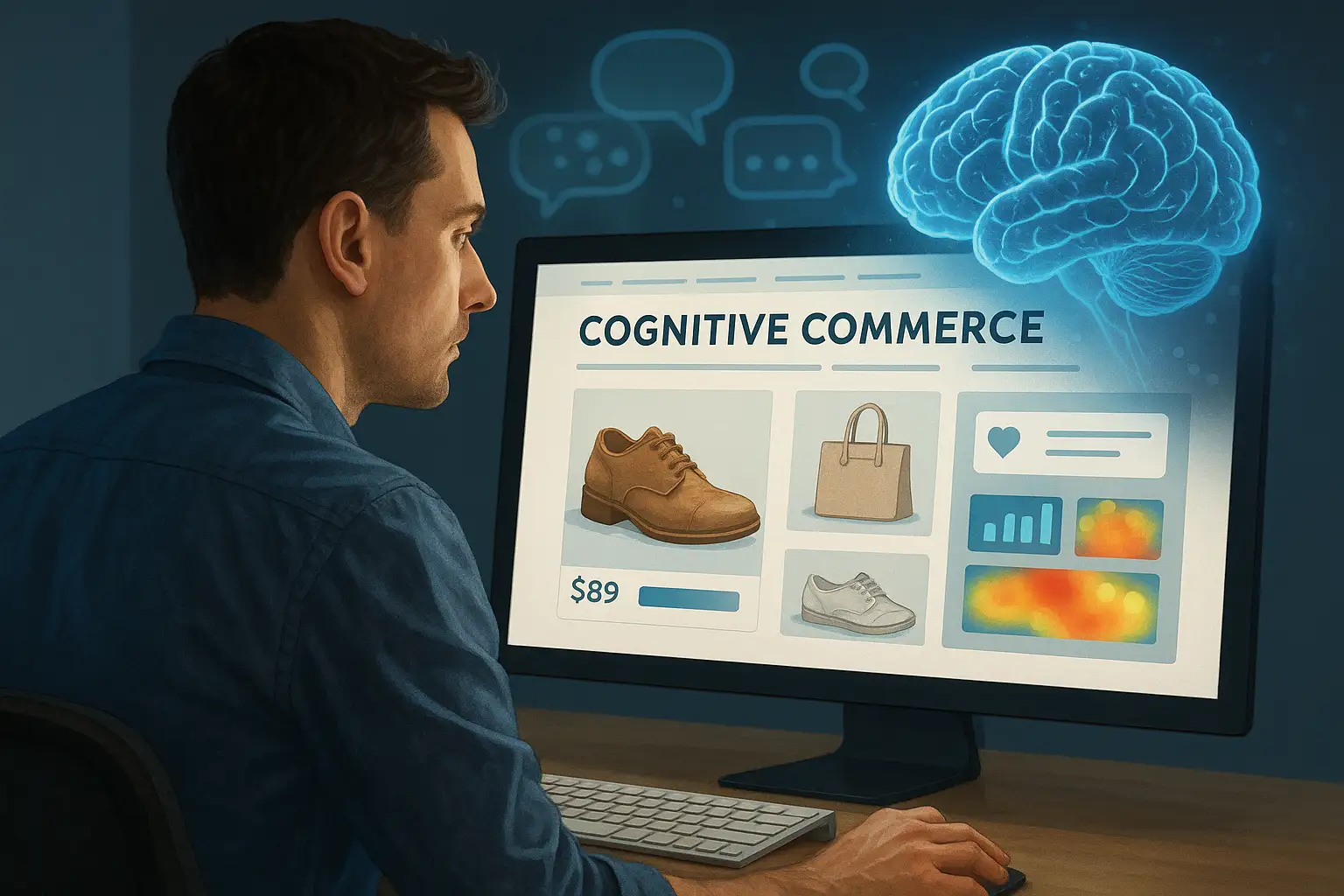
Cognitive Commerce: How AI Learns to Think Like Your Customers and Redefines Digital Shopping

Predictive UX: How AI Anticipates User Behavior Before It Happens

AI-Driven Product Innovation: How Intelligent Systems Are Transforming the Way Digital Products Are
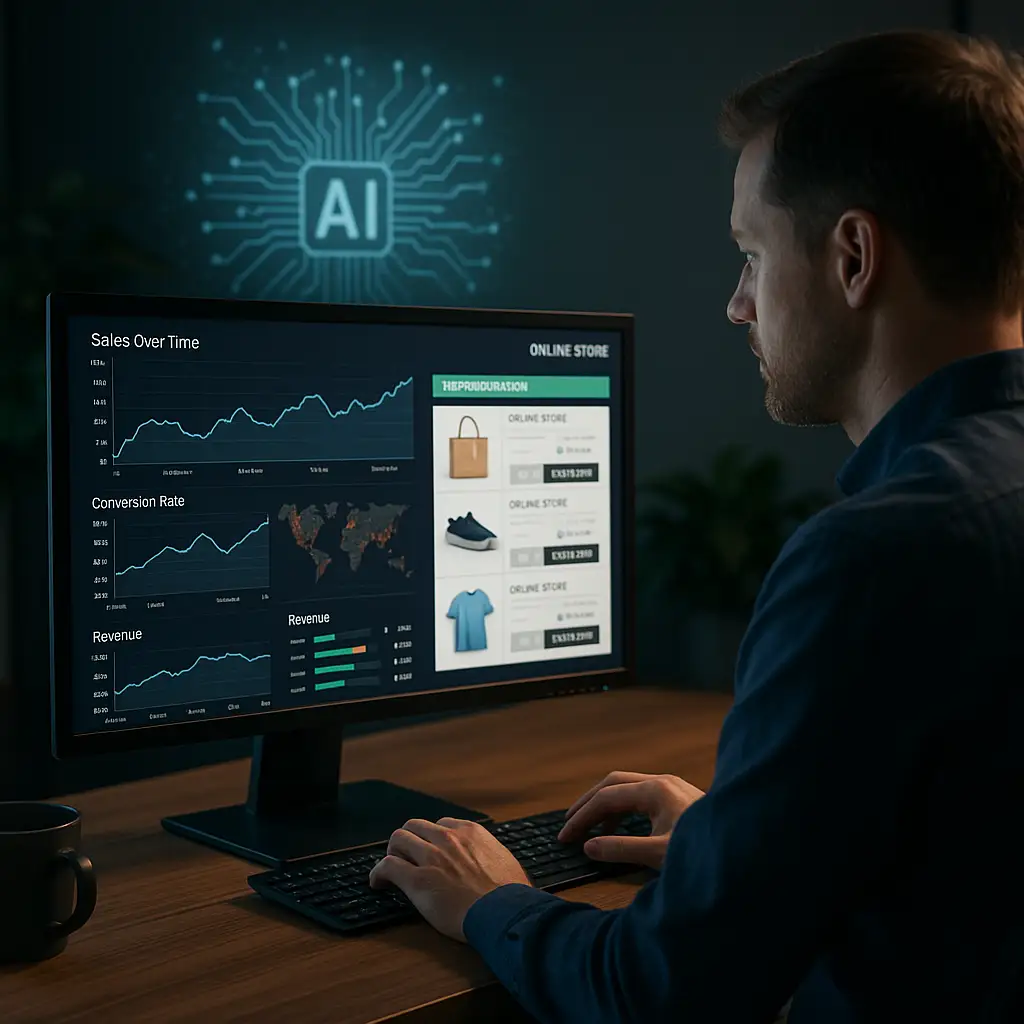
Adaptive Commerce: How AI-Driven Systems Automatically Optimize Online Stores in Real Time

Zero-UI Commerce: How Invisible Interfaces Are Becoming the Future of Online Shopping

AI Merchandising: How Intelligent Algorithms Are Transforming Product Discovery in Modern E-Commerce

Composable Commerce: How Modular Architecture Is Reshaping Modern E-Commerce and Marketplace Develop

Context-Aware Software: How Apps Are Becoming Smarter, Adaptive, and Environment-Responsive

AI-Driven Observability: The New Backbone of Modern Software Systems

Hyper-Personalized Software: How AI Is Creating Products That Adapt Themselves to Every User
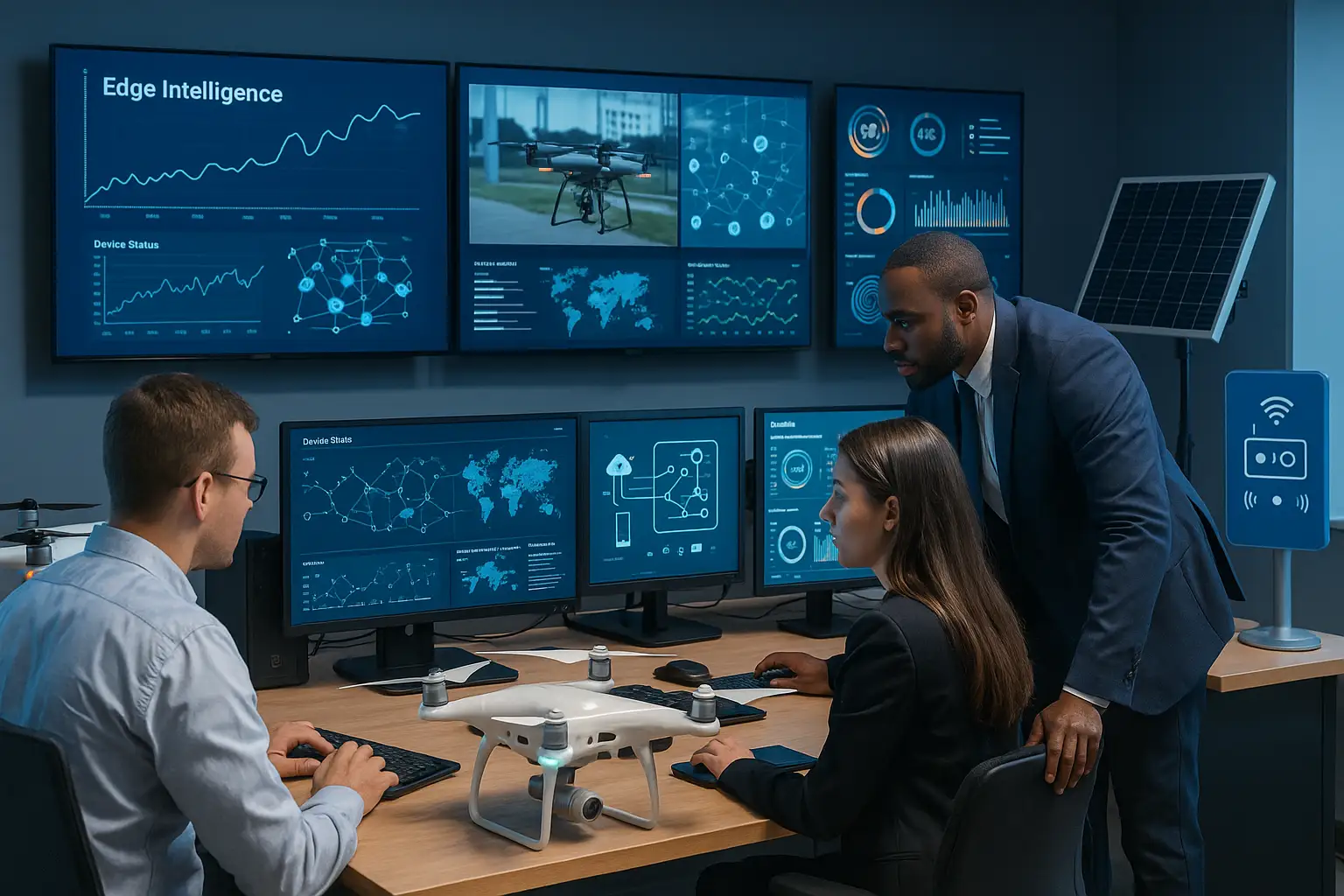
Edge Intelligence: The Future of Smart, Decentralized Computing

AI-Powered Cybersecurity: How Intelligent Systems Are Redefining Digital Defense

Modern Software: How Our Company Is Reshaping the Technology Landscape

From Digital Transformation to Digital Maturity: Building the Next Generation of Tech-Driven Busines

AI Agents: The Rise of Autonomous Digital Workers in Business and Software Engineering

Synthetic Data: The Next Frontier of AI and Business Intelligence

Quantum AI: How Quantum Computing Will Redefine Artificial Intelligence and Software Engineering

Design Intelligence: How AI Is Redefining UX/UI and Digital Product Creativity

How Artificial Intelligence Is Transforming DevOps and IT Infrastructure
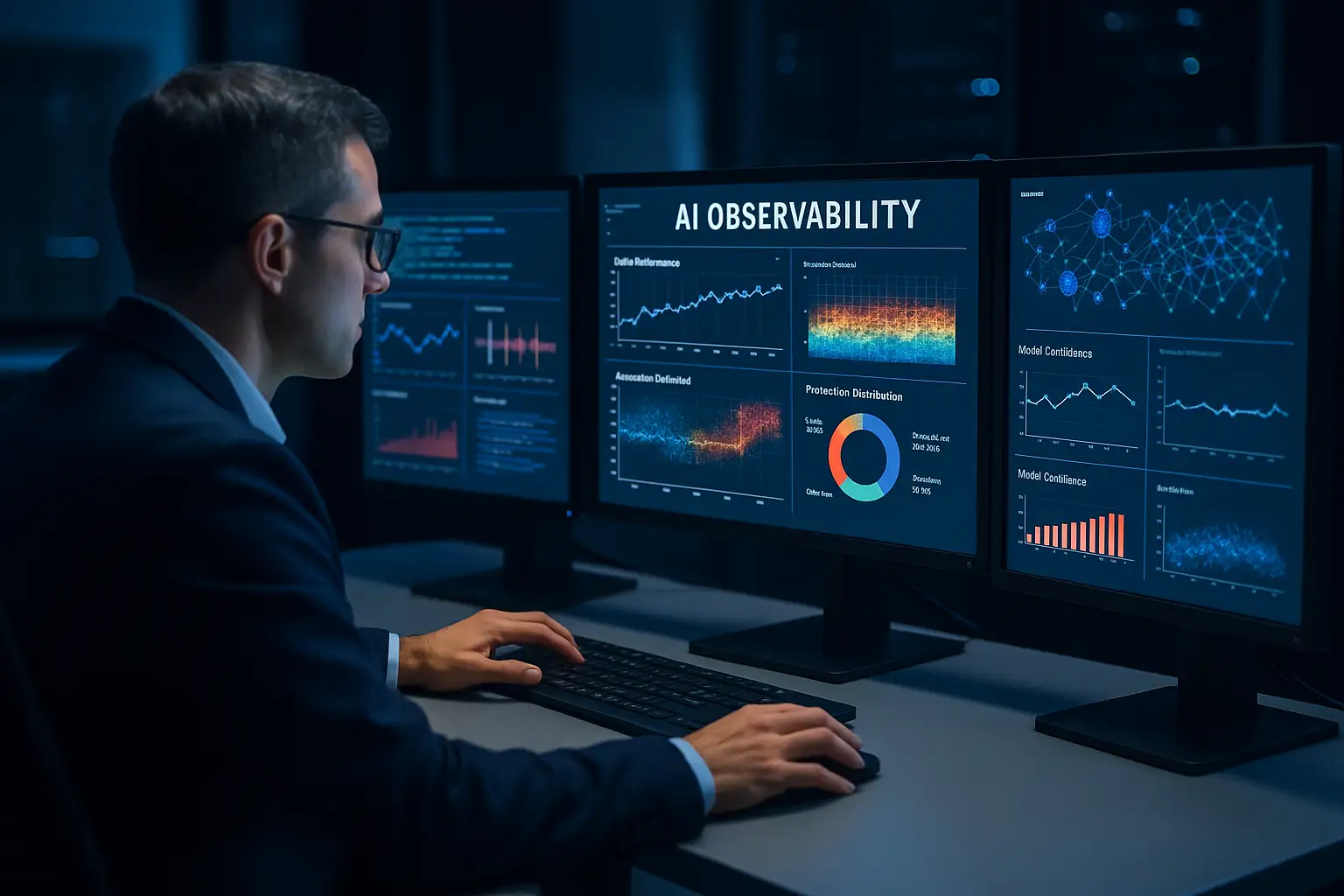
AI Observability in Production: Monitoring, Anomaly Detection, and Feedback Loops for Smart Applicat

Low-Code Revolution: How Visual Development Is Transforming Software and Marketplace Creation

Composable Marketplaces: How Modular Architecture Is the Future of Platform Engineering

AI-Powered Storyselling: How Artificial Intelligence Is Reinventing Brand Narratives
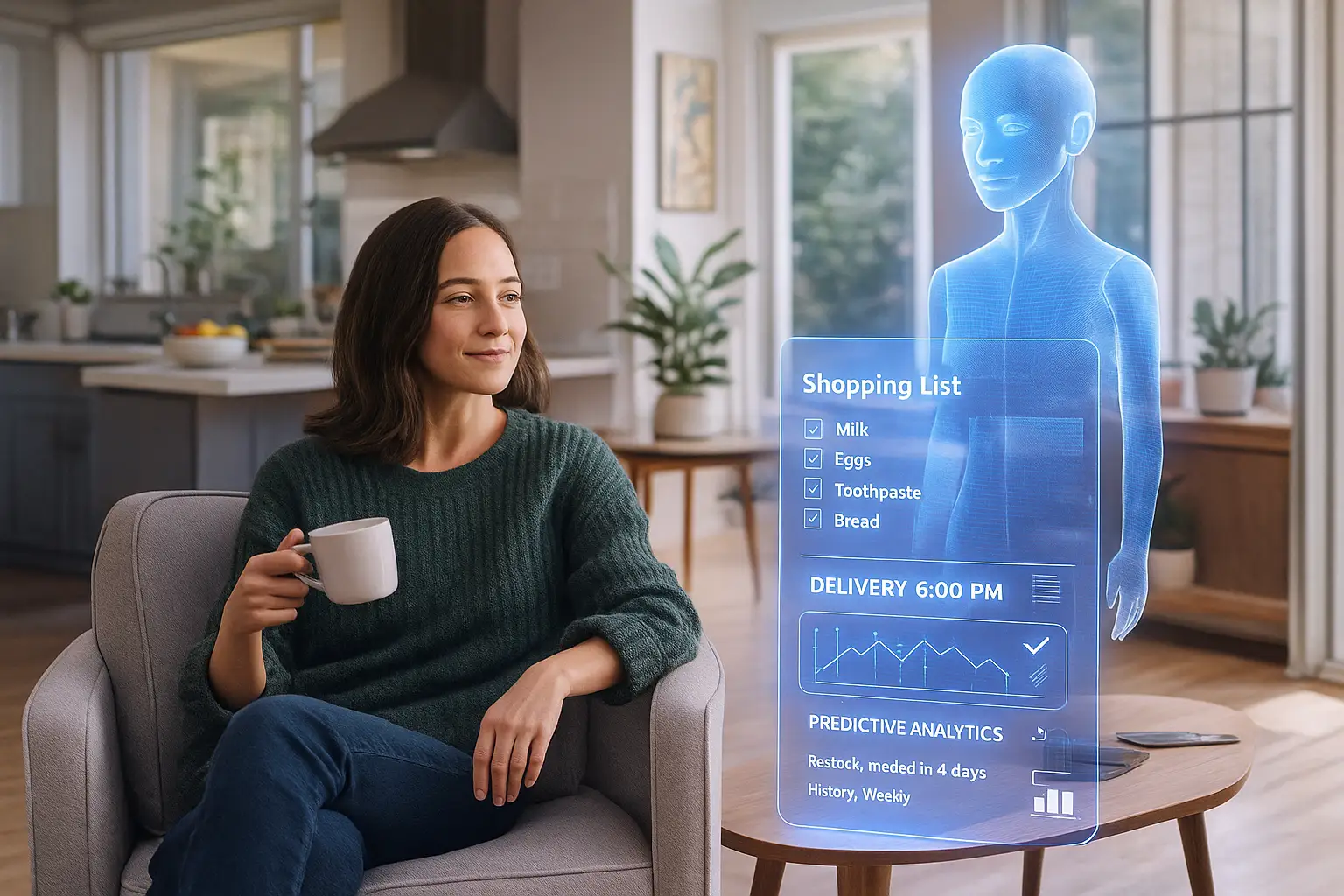
The Era of Invisible Commerce: How AI Will Make Shopping Disappear by 2030
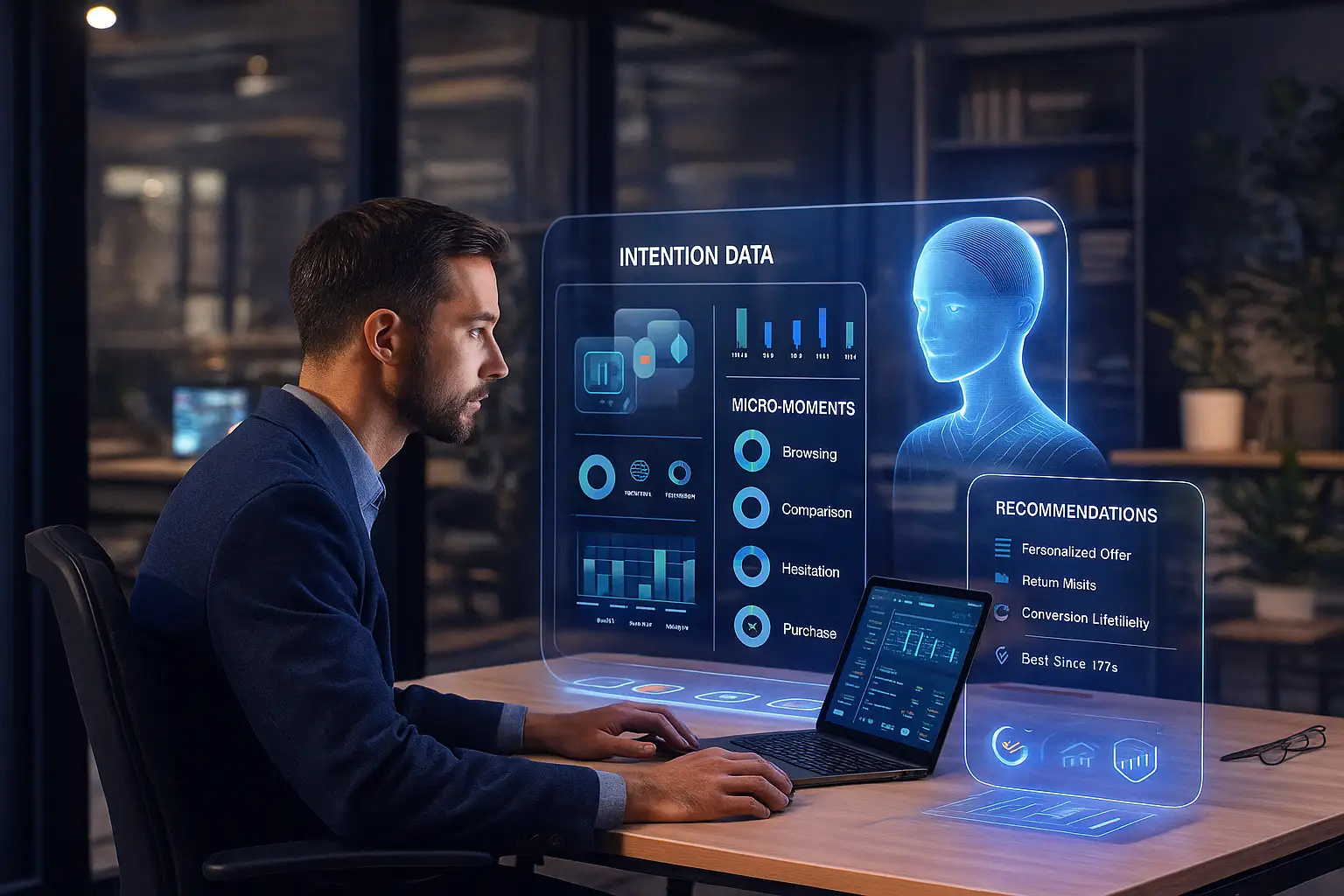
From Attention to Intention: The New Era of E-Commerce Engagement
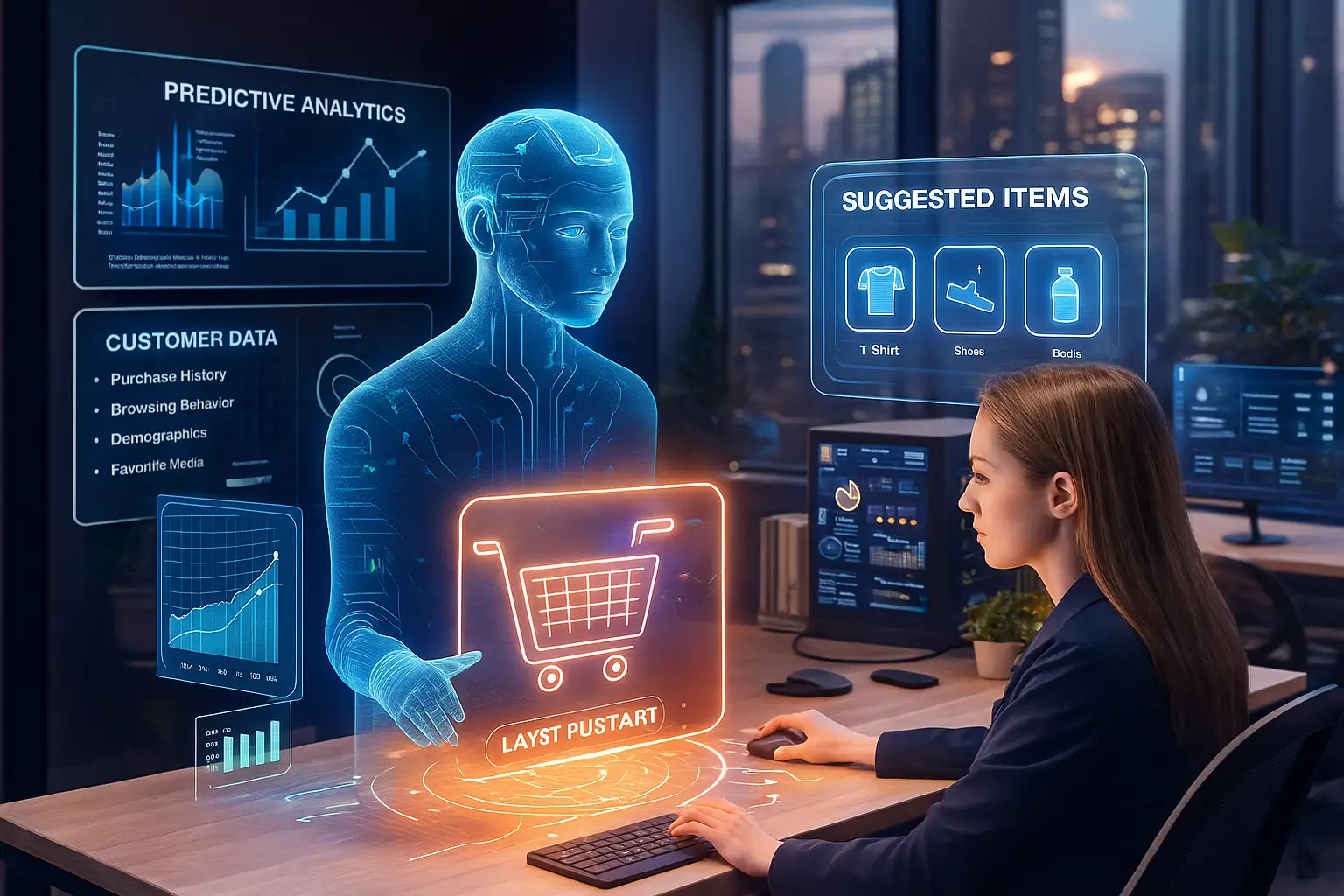
Predictive Commerce: How AI Can Anticipate What Your Customers Will Buy Next
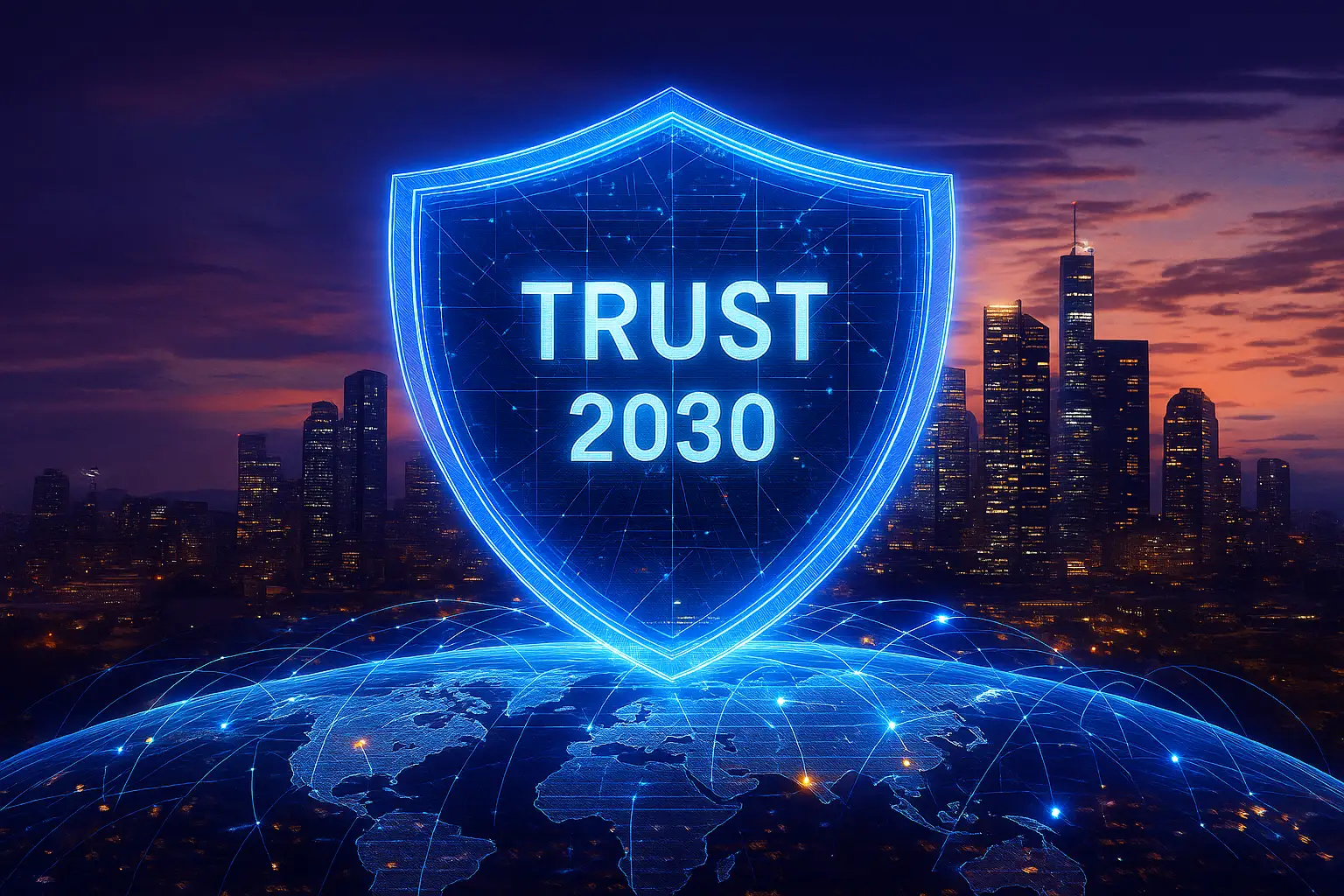
Digital Trust 2030: How AI and Cybersecurity Will Redefine Safety in the Digital Age

Cybersecurity in the Age of AI: Protecting Digital Trust in 2025–2030

The Future of Work: Humans and AI as Teammates
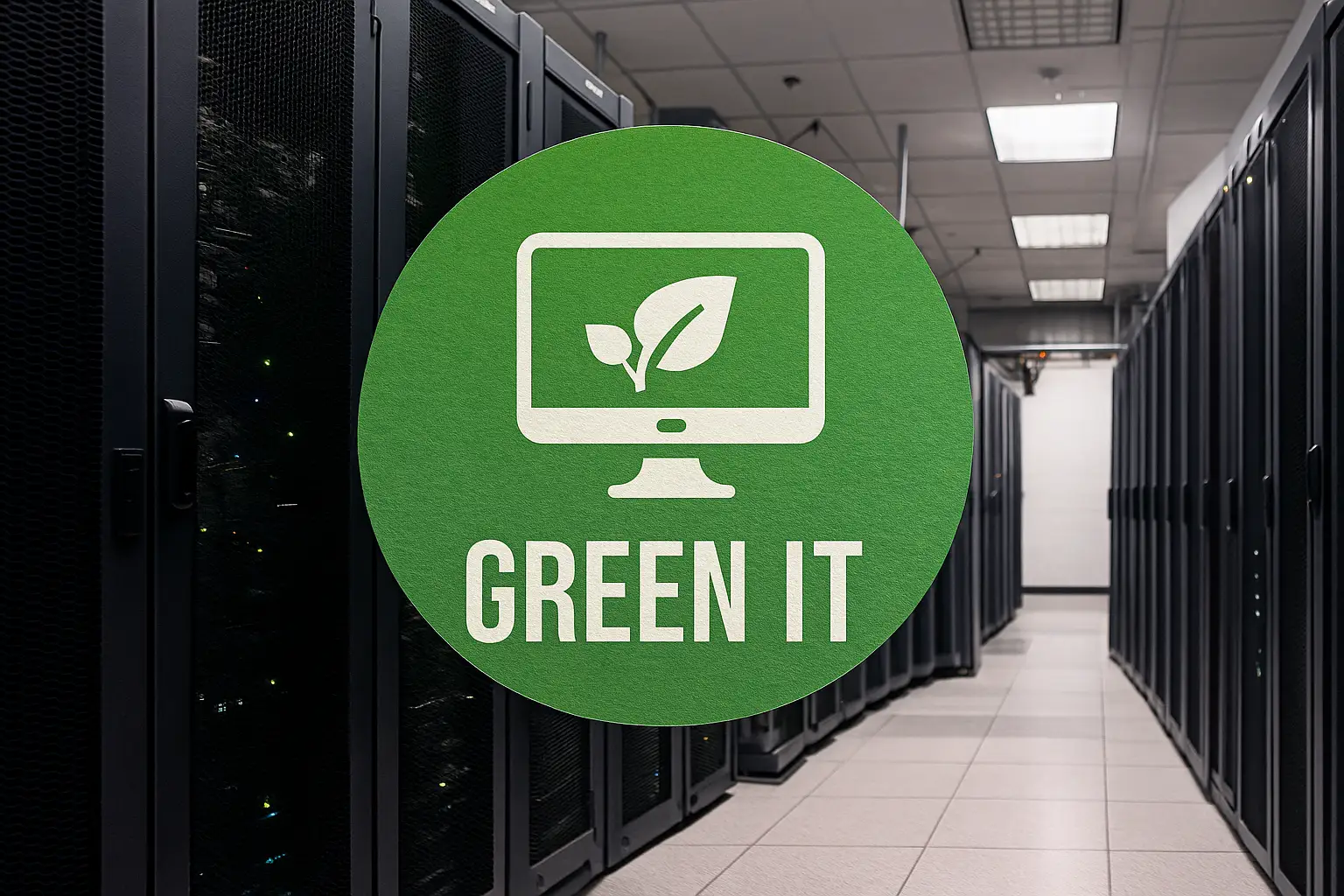
Green IT: How the Tech Industry Must Adapt for a Sustainable Future

Emerging Technologies in IT: What Will Shape 2025–2030

Growth Marketing – A Fast-Track Strategy for Modern Businesses

AI SEO Tools – 5 Technologies Revolutionizing Online Stores
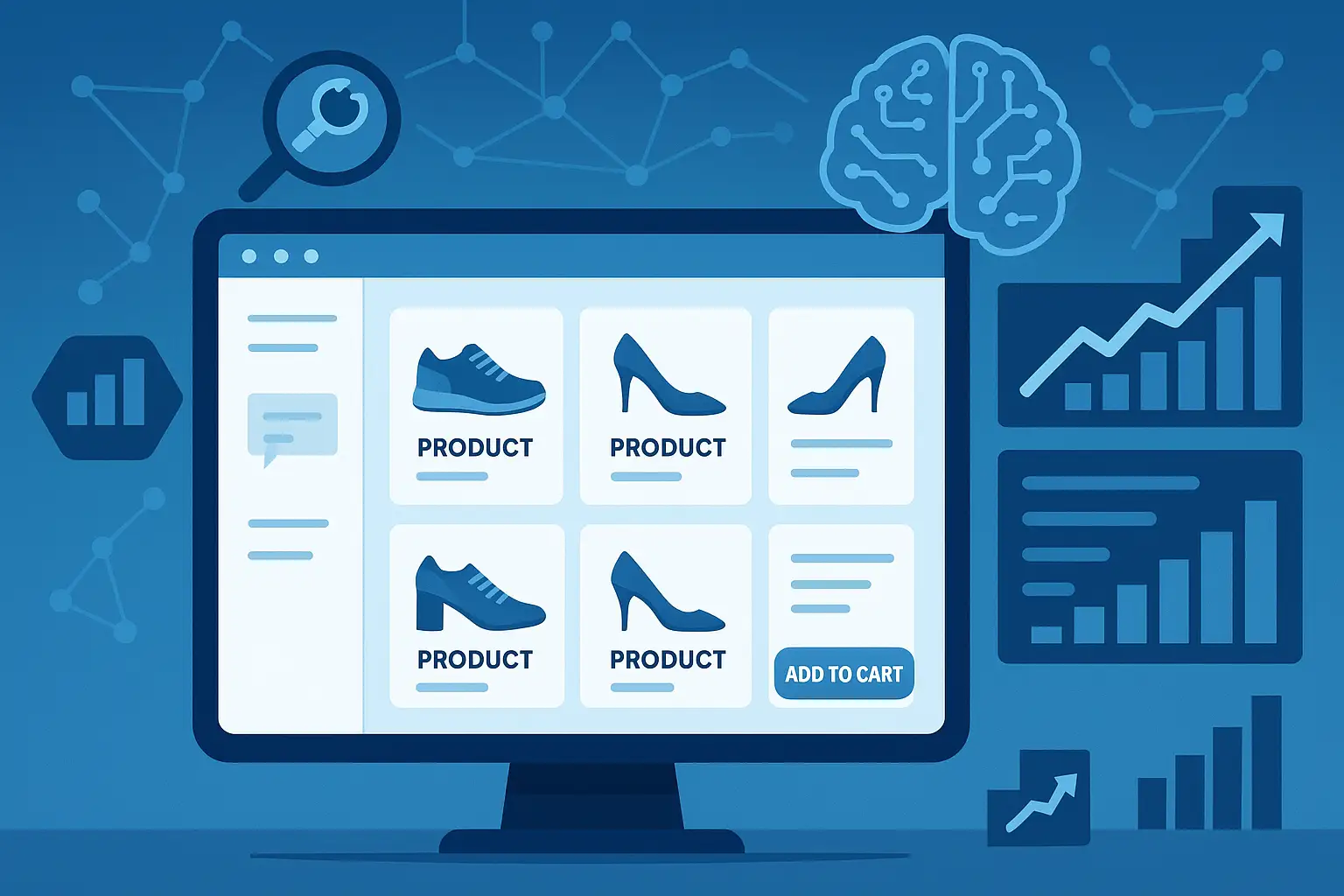
AI SEO – How Artificial Intelligence Is Transforming Online Store Optimization

Product-Led Growth – When the Product Sells Itself

Technology in IT – Trends Shaping the Future of Business and Everyday Life

Marketplace Growth – How Exchange Platforms and E-commerce Build the Network Effect

Agentic AI in Applications – When Software Starts Acting on Its Own
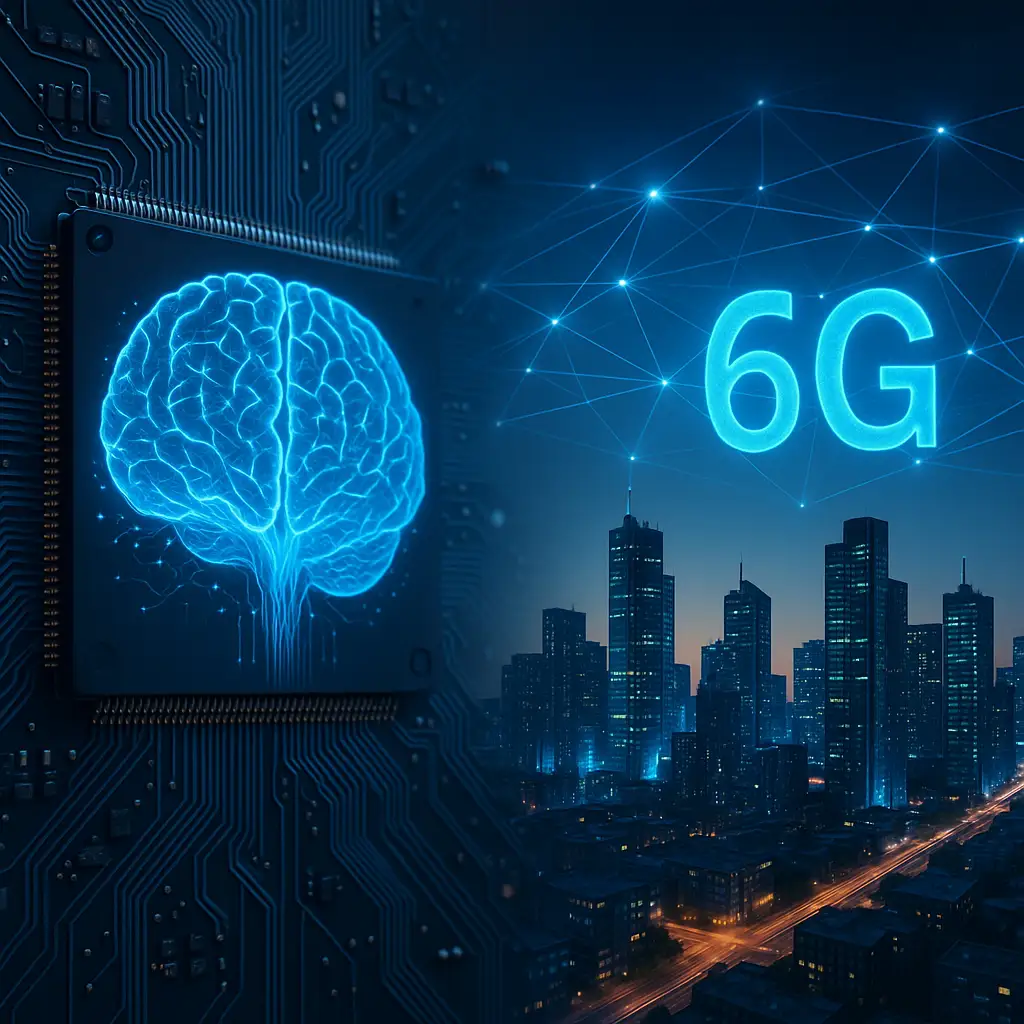
Neuromorphic Computers and 6G Networks – The Future of IT That Will Change the Game

Meta Llama 3.2 – The Open AI That Could Transform E-Commerce and SEO

AI Chatbot for Online Stores and Apps – More Sales, Better SEO, and Happier Customers

5 steps to a successful software implementation in your company

Innovative IT solutions — why invest now?

Innovative software development methods for your business

5 steps to successfully implement technological innovation in your company
